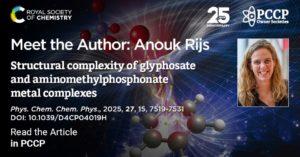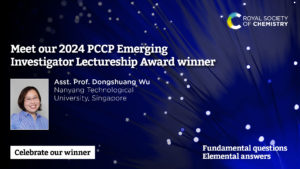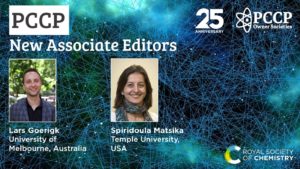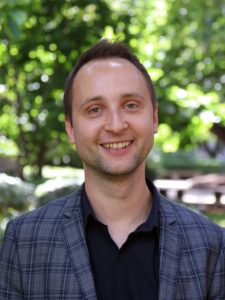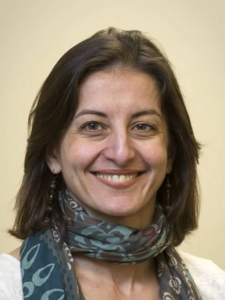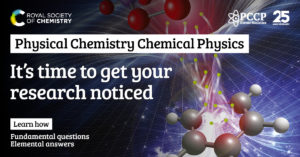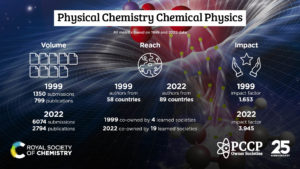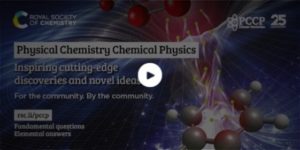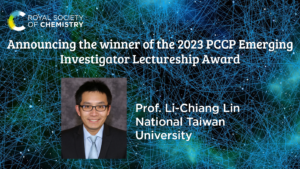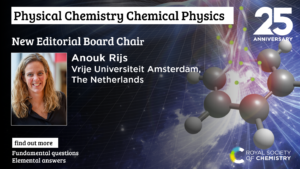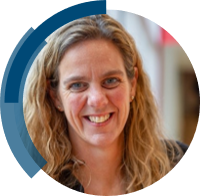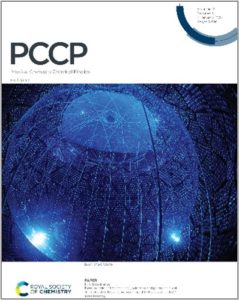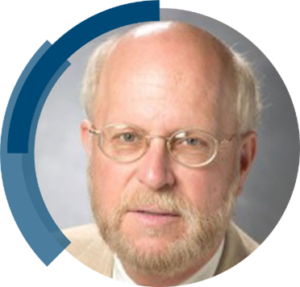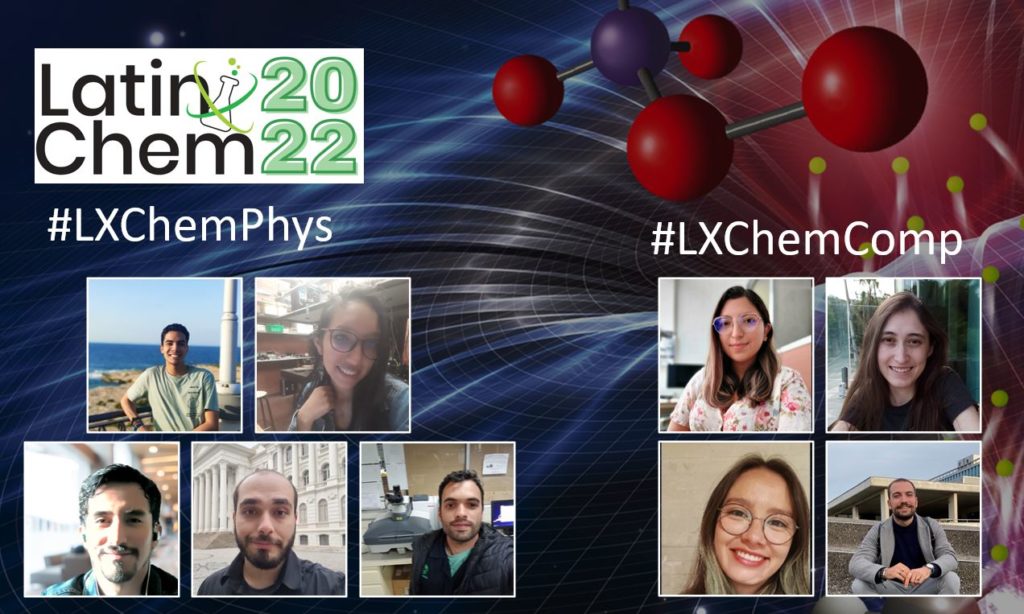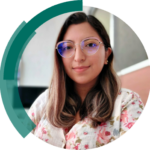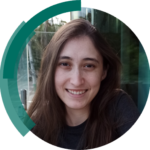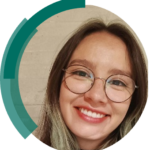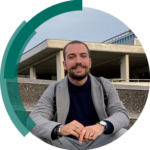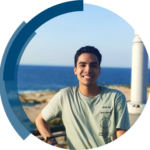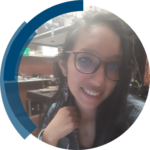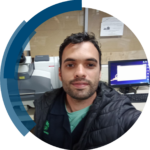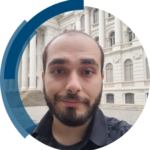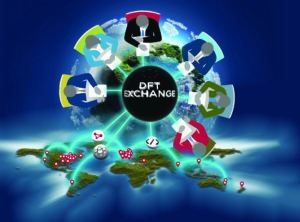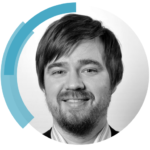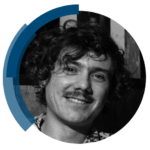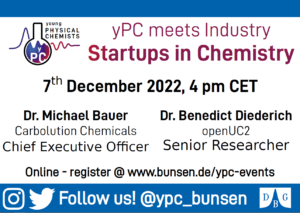PCCP is proud to present the first in our Meet the Author series, showcasing work conducted by members of the PCCP community. This series aims to highlight the excellent research being carried out by researchers from across the breadth of physical chemistry, chemical physics and biophysical chemistry.
The first contribution to this series is a Paper entitled Structural complexity of glyphosate and aminomethylphosphonate metal complexes (Phys. Chem. Chem. Phys., 2025, 27, 15, 7519-7531, DOI: 10.1039/D4CP04019H), which elucidates the structure of glyphosate-metal complexes and its metabolic product aminomethylphosphonic acid (AMPA) using a variety of advanced experimental and computational techniques. It is remarkable in being the 100th publication of PCCP Editorial Board Chair Anouk Rijs, as well as being dubbed “the RijsRijs paper” as it is a collaboration with fellow ion mobility mass spectrometry researcher Nicole Rijs (no relation).
Read our interview with co-author, and PCCP Editorial Board Chair, Anouk Rijs, below.
This article marks your 100th publication – congratulations! Why did you choose to publish in PCCP?
The paper is well-suited for PCCP, employing advanced physical analytical chemistry methods to explore the structure and function of pesticide-metal interactions. It aligns with PCCP’s broad physical chemistry audience.
Could you briefly explain the focus of your article to the non-specialist (in two or three sentences only)?
Glyphosate, a widely used herbicide, forms metal complexes with subtle structural differences that can significantly impact its reactivity and environmental behaviour. Using a combination of advanced methods, such as ion mobility mass spectrometry, computational modelling, and IR Action Spectroscopy, we have elucidated the structure of glyphosate-metal complexes and its metabolic product aminomethylphosphonic acid (AMPA).
This article is an interesting collaboration, how did it come about?
From reference searches and a conference IMSC in 2009, I knew there was another Rijs in my field using ion mobility mass spectrometry on the other side of the world. So when I was invited to give a key note talk at the annual conference of the Australian and New Zealand Society for Mass Spectrometry, I was looking forward to meet my down-under version (see picture). At the conference I met a very active PhD student who very excitingly explained her project at her poster, which was a memorable experience as the poster was like a fold-out picture book. The PhD student (Olivia Rusli) happened to be a PhD student of Nicole Rijs. She had an interesting problem at her poster, namely unravelling the structure of glyphosate-metal complexes, and we came to the conclusion that our new Photo-Synapt allowing to do mass- and mobility-selected IR spectroscopy would be ideal to unravel the structure. So, Olivia joined the lab in Amsterdam for experiments and the Rijs-Rijs labs joined forces.
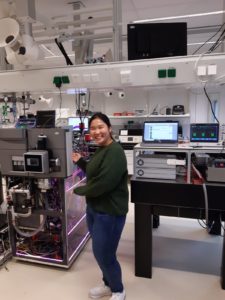
Olivia Rusli, a visiting PhD student and co-author on the paper, in the lab of Anouk Rijs at VU Amsterdam
What aspects of this work are you most excited about at the moment and what do you find most challenging about it?
I’m most excited that mass- and mobility-resolved (conformer-specific) IRMPD spectroscopy can elucidate the structure of the pesticide-metal complex, demonstrating the versatility of the Photo-Synapt beyond our focus on peptide and protein aggregation. The biggest challenge was sample preparation and handling, so having Olivia, the PhD student on the project, in the lab was invaluable—we learned a lot directly from her expertise.
What are your next steps for this research?
We continued the collaboration, contributing to the structural analysis of metalated glyphosate dimers. The understanding of these complexes is crucial, as metal coordination can influence herbicide inactivation through complexation. In addition to controlling aggregation, the structural elucidation of metalated glyphosate clusters is of fundamental interest due to their interesting structure and capability to form zwitterions.
Read the full paper below:
Structural complexity of glyphosate and aminomethylphosphonate metal complexes


